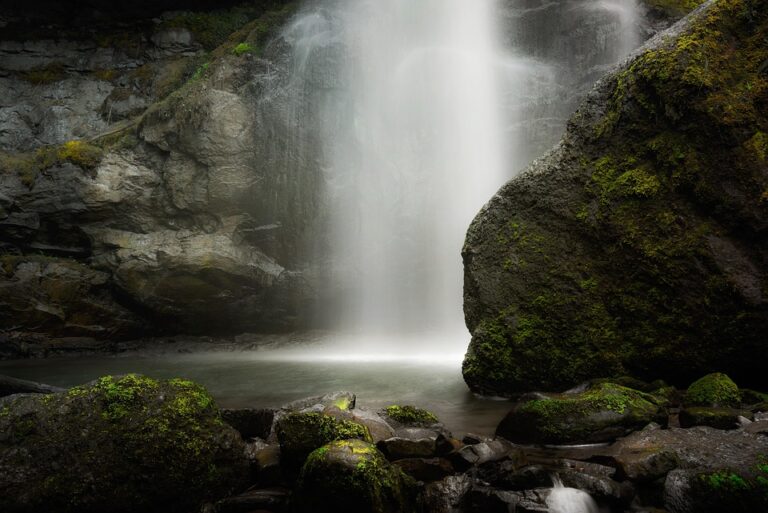The Ethics of Urban Exploration: Balancing Adventure and Respect for Property
Urban exploration, often dubbed as ‘urbex,’ presents an exhilarating venture into the otherwise hidden corners of our cities. From abandoned factories to forgotten underground tunnels, these explorations illuminate the stark beauty of urban decay. However, as thrilling as urban exploration may be, it raises critical ethical questions about respect for property, legality, and the safety of both explorers and the communities they explore. This article delves into the ethics of urban exploration, aiming to strike a balance between adventure and respect for property.
Understanding Urban Exploration
What Is Urban Exploration?
Urban exploration is defined as the act of exploring abandoned buildings, tunnels, rooftops, and other man-made structures. It melds adventure and curiosity with a deep appreciation for history. It serves not only as a way to experience the beauty of dilapidated spaces but also as a means to document and share these findings with others.
The Growing Popularity
Recent statistics show a marked increase in interest in urban exploration. According to a study by FreeTime.com, searches for "urban exploration" rose by 125% over the last two years. Furthermore, social media platforms like Instagram and TikTok have fostered a global community of urban explorers, with hashtags like #UrbanExploration gaining over 2 million posts. This growing trend invites both excitement and concern about how exploration is conducted.
The Ethical Quandary
As more people delve into urban exploration, ethical dilemmas surface. The central question remains: where is the line drawn between adventure and trespassing?
Property Rights vs. Personal Exploration
Urban explorers often find themselves navigating the blurry line between exploration and violation of property rights. Legally, most urbex involves entering private properties without permission, an act that is technically considered trespassing. According to the National Park Service, unauthorized entry into closed areas can lead not only to legal consequences but also to some notable safety risks, as abandoned buildings can be structurally unsound and hazardous.
Respecting Community Spaces
Explorers must also consider their impact on local communities. Urban exploration, when conducted irresponsibly, can lead to vandalism and damage to property. In several instances, explorers have inadvertently sparked community outrage, as seen in the case of the historic Kellogg Bridge in Minneapolis, where graffiti and litter from explorers marred the structure.
Very often, local residents cherish these historical landmarks. An appropriate approach involves respecting one’s surroundings and upholding local values.
Practical Guidelines for Ethical Urban Exploration
To ensure that urban exploration is mindful and respectful, explorers can adopt a few essential guidelines:
-
Research Before You Go: Understand the history and significance of the site. Knowledge fosters respect.
-
Seek Permission: Where possible, try to obtain permission from property owners. Some property owners embrace responsible explorers and may provide opportunities for guided visits.
-
Leave No Trace: Always clean up after yourself. Respect the space and leave it as you found it.
-
Consider Safety: Wear protective gear and be aware of structural hazards. The thrill of exploration can quickly turn dangerous if safety isn’t prioritized.
- Engage with the Community: Connecting with local histories and stories can lend context and depth to your explorations, ensuring that your activities are seen as respectful by the community.
A Cautionary Tale
An analogy can be drawn with hiking in national parks. Just as hikers are encouraged to stick to the trails to preserve the natural ecosystem, urban explorers should tread carefully to honor both the environment and the legacy of urban spaces. Like nature, urban decay has its rhythms and stories; wandering off the beaten path should be done sensitively and with consideration for those who came before.
Conclusion
Urban exploration is a vibrant community activity that can offer excitement and a renewed appreciation for the past. However, it is critical that explorers embrace a strong ethical approach, balancing the thrill of adventure with respect for property and local communities.
As the interest in urban exploration continues to surge, it will be increasingly important for adventurers to adhere to ethical guidelines to ensure that these explorations do not lead to detrimental consequences. By fostering a culture of respect and responsibility, urban explorers can safeguard the essence of what makes these experiences so remarkable.
For further reading on related topics, check out our articles on Top 10 Must-Visit Abandoned Places and The Best Gear for Urban Exploration.
For a more comprehensive understanding of property laws, visit the National Park Service for guidelines on legal explorations.
Suggested Images
- Image of an abandoned warehouse (Alt text: Urban Exploration in an abandoned warehouse)
- Image of an explorer preparing gear (Alt text: Gear for Urban Exploration)
By navigating the thrilling path of urban exploration thoughtfully and ethically, we can all contribute to protecting and celebrating our shared urban history.


